Nursultan, MINA – Kazakhstan as well as a number of universities, scientific centers and cultural organizations in the Islamic world celebrate the 1150th anniversary of the great Islamic philosopher Abu Nasr Al-Farabi until the end of this year.
It was quoted from the OIC website, the celebration will feature various seminars, as well as cultural and intellectual forums, especially at the Al-Farabi Kazakh National University based in the city of Almaty.
International organizations such as UNESCO, ISESCO and the Organization for Islamic Cooperation (OIC) have supported the Kazakhstan initiative to hold a scientific and practical conference dedicated to Al-Farabi, the son of Farab village in the Shymkent region of Kazakhstan.
Subsequently, the Al-Farabi Center for Science and Education was opened at Cairo University Egypt by the National University of Al-Farabi Kazakhstan with the support of the Embassy of Kazakhstan.
Also Read: Sheikh Muhammad Amin al-Husseini: The Palestinian Mufti in Indonesia’s Independence History
Dean of the Faculty of Arts, Menoufia University, Dr. Hassan Khattab said, Al-Farabi provided a pioneering example in his scientific and social life, he was able to describe his personality traits as a scientific and philosophical figure.
“Al-Farabi was the first founder of a school of Islamic philosophy known as ‘Farabism’, contrary to the philosophy of Plato and Aristotle,” he explained.
Khattab added Al-Farabi’s thoughts were criticized by some Muslims who saw that his knowledge of philosophical sciences made him far from intellectual moderation.
However, that did not diminish his role as a scholar of medicine, wisdom, music and politics whose contributions were enormous. influenced the Muslim philosophers who succeeded him, especially Ibn Sina and Ibn Rushd.
Also Read: Celebrating 200th Java War: Novelty Spirit of 2013 Memory of The World
Al-Farabi is considered a symbol of Islamic civilization, medicine, logic and philosophy, he is called the “Second Teacher” who presents an explanation of Aristotle’s books, known as the “First Teacher”.
At the level of philosophy, Al-Farabi unites theory and practice, in the political field he frees practice from theory.
Its Neoplatonic theology is also more than just metaphysics as rhetoric. In his attempt to think about the nature of the first cause, Al-Farabi discovered the limits of human knowledge.
Al-Farabi spent most of his life in Baghdad. He was in Baghdad at least as late as September 942 A.D. Then visited Egypt, where he completed the six sections summarizing the book of Mabāde in 948 AD.
Also Read: History, Islam, and the Culture of the Kazakhstan: Abai as a National Inspiration
He returned to Syria in 949 AD and died in Damascus in 950 AD. (T/R7/RE1)
Mi’raj News Agency (MINA)
Also Read: Boycotting Israeli-Affiliated Products: A Moral Stance and a Form of Supporting Justice





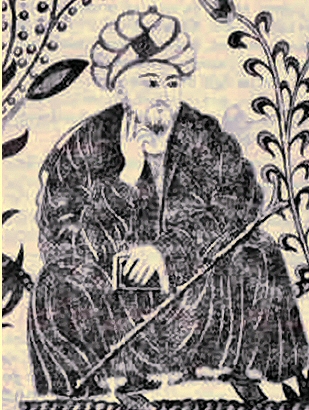




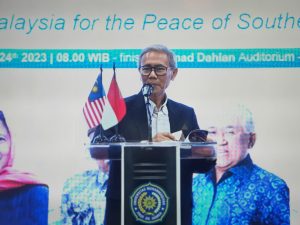


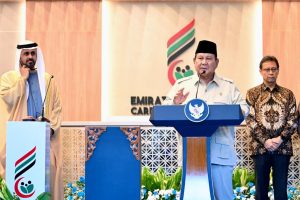


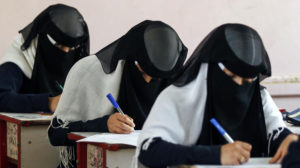

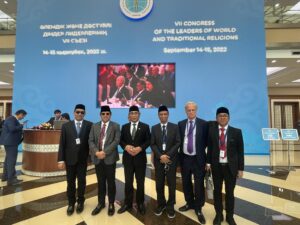














 Mina Indonesia
Mina Indonesia Mina Arabic
Mina Arabic